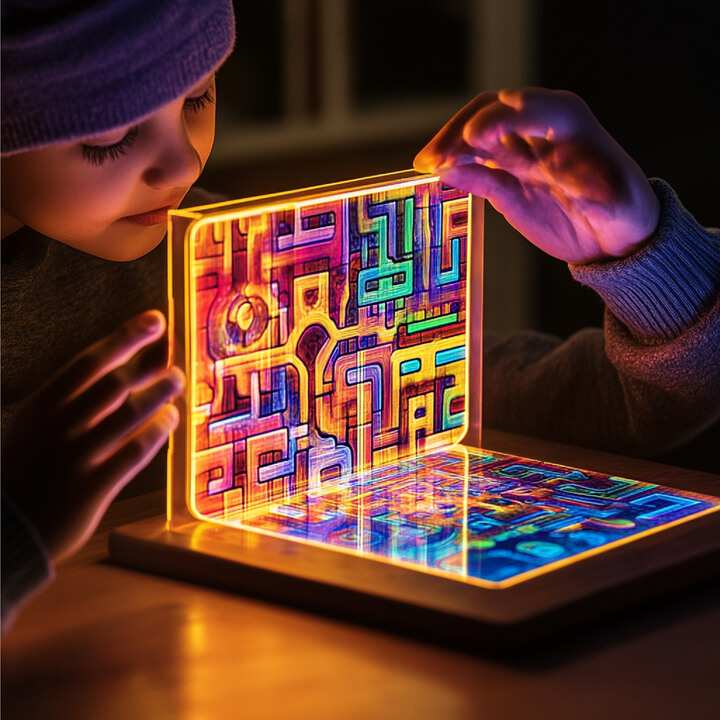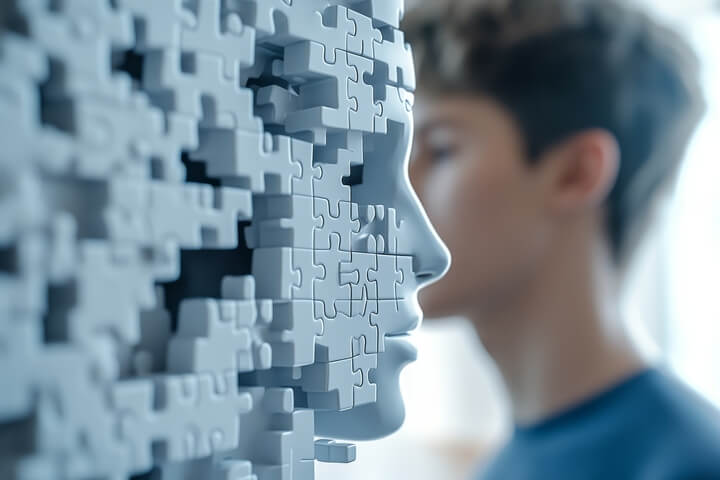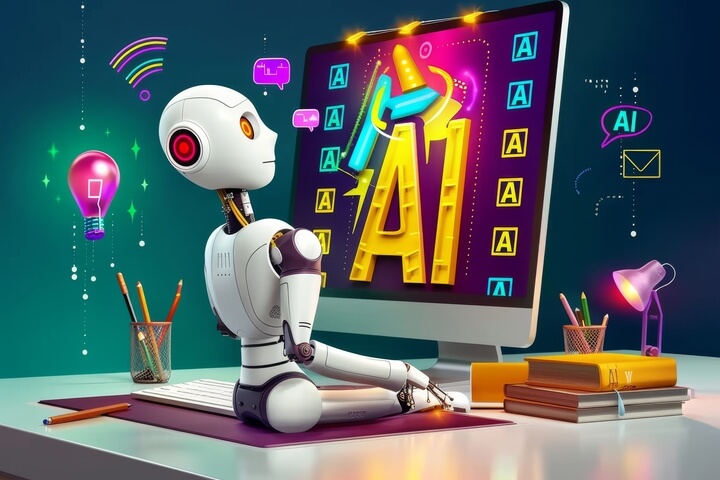
1. Enhanced Game Design

AI can analyze player behavior, preferences, and skill levels to help developers create more engaging and adaptive word games.
Example: An AI-powered crossword puzzle might adjust its difficulty level based on how quickly a player solves clues, ensuring a balanced challenge for everyone.
2. Personalized Learning

AI can tailor word games to suit individual learning needs, making them powerful tools for language acquisition and vocabulary building.
Example: A language-learning word game could track which words a player struggles with and offer tailored exercises to reinforce their knowledge.
3. Real-Time Opponents and Collaboration

AI can simulate real-time opponents or teammates, providing an engaging experience even in single-player modes.
Example: In a game like Scrabble, AI can serve as a dynamic opponent that offers challenges at different difficulty levels, improving the player’s strategic thinking.
4. Improved Accessibility

AI helps make word games accessible to players with different abilities by offering voice recognition, speech-to-text options, or simplified versions for those with cognitive challenges.
Example: A word puzzle could be played using voice commands, making it accessible to those who might have difficulty using a keyboard or touchscreen.
5. Cheat Detection

AI algorithms can detect cheating in online multiplayer word games by identifying patterns or unusual behaviors, maintaining fairness for all players.
Example: In a competitive online Scrabble match, AI could monitor if a player is using external tools or apps to find words and take appropriate action.
6. Enhanced Puzzle Generation

AI can create endless varieties of puzzles, ensuring players never run out of new content while maintaining quality and coherence.
Example: A word search game could use AI to generate themed puzzles instantly, such as creating a puzzle focused on animals, sports, or movies based on the player’s interests.
Conclusion
AI is revolutionizing how we play and interact with word games, from making games smarter and more personalized to improving accessibility and fairness. As AI technology continues to evolve, the future of word games looks even more exciting, with endless possibilities for creative and engaging gameplay.